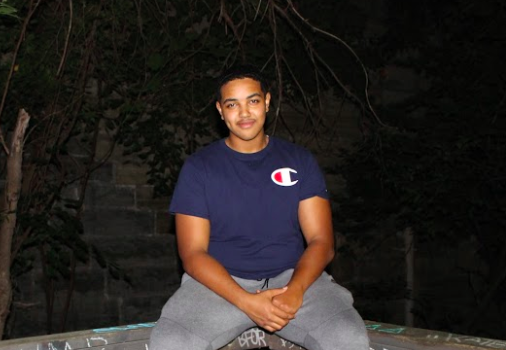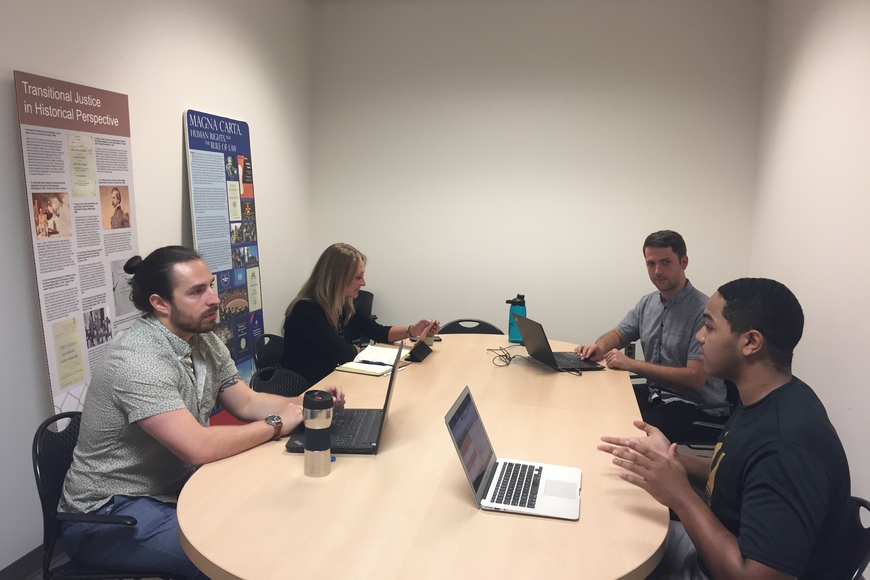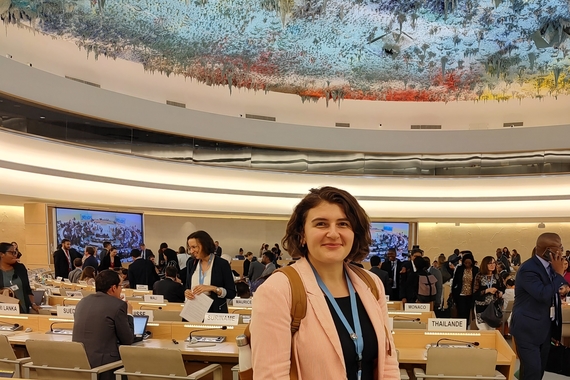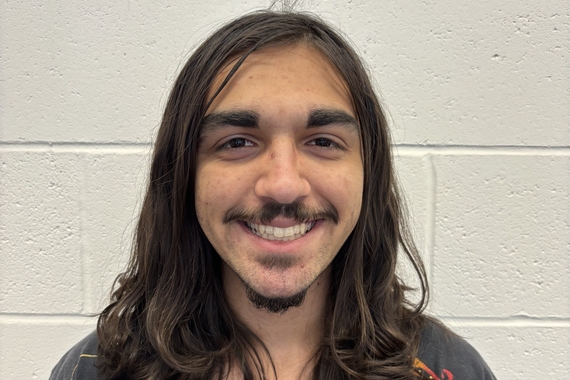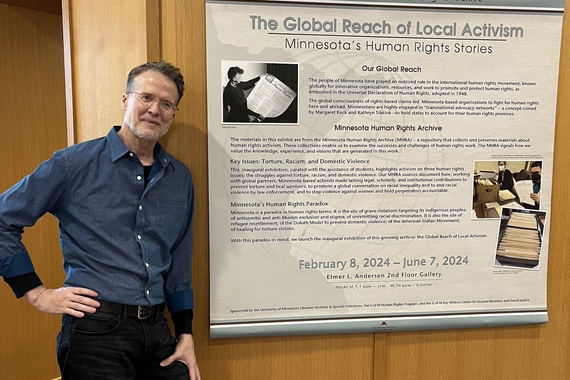Assessing International Humanitarian Law (IHL) Training Programs
Mahad Omar, a graduating senior majoring in Global Studies with a focus on Human Rights and Justice, received funding support through the Grand Challenges Undergraduate Research Opportunity Program (GC UROP) to work with Professor Cosette Creamer on a project examining the reach, content, and impact of the global expansion of international humanitarian law (IHL) training. Creamer’s project is receiving the support of the Human Rights Lab, a Grand Challenges funded interdisciplinary space for faculty and students to investigate and model ways that cutting-edge research can be used more effectively with NGOs, communities, institutions, and policymakers. The GC UROP provides opportunities for undergraduates to partner with a faculty member on one of the 12 Grand Challenges research grants. We recently touched base with Mahad to learn more about his GC UROP opportunity.
Over the summer, I was graciously offered the opportunity to work with Professor Cosette Creamer (Political Science) on her project, “Embattled Battlefield Instruction: Fragmentation and Saturation in Law of Armed Conflict Training.” I worked as part of a team of student researchers led by Tracey Blasenheim (PhD candidate in Political Science.) The project seeks to better understand efforts to increase worldwide exposure of arms carriers to International Humanitarian Law (IHL) and provide access to better data from which to measure outcomes.
My role was part of the project’s first stage: assisting with the creation of a public database that compiles all global training programs of International Humanitarian Law (IHL) and Law of Armed Conflict (LOAC) that provide practical instruction for militaries, policy-makers, journalists and humanitarian activists. I was tasked with researching these institutes, then logging connections, similarities, and important details that I found throughout my search. Towards the end of my GC UROP, I met with a team member to pass on the observations I gathered for them to summarize my findings and follow up with institutes with additional questions before moving onto the second stage of the project.
What I found to be a major takeaway in this research was the use of language. Militaries and NGOs utilize language (or lack of language) to show their stances on IHC/LOAC and also on ongoing military/political issues. This is seen through the choice of wording and cautiousness of using certain terms. Some militaries and organizations I researched didn’t outright provide information on any form of IHL/LOAC courses, while others have dedicated pages and studies displayed on their websites. Some institutions mentioned it, but used less urgent terms for LOAC. The intentionality of word choice has been something that was obvious from the beginning of my findings, but seeing it on such a large scale throughout my research has opened my eyes to how some organizations/militaries operate.
This GC UROP tremendously supplemented my interest to enter the realm of human rights. I used a research-based lens to really get a keen eye for the legal and professional side of IHL and LOAC. This has guided my career interest to go explore more international-based laws and practices, which is helping me narrow my decisions and that’s always a good thing!
I wouldn’t have been able to have this amazing opportunity if it weren’t for the Human Rights Center and the Human Rights Program, who work to involve undergraduate and graduate students in the Human Rights Lab. I cannot thank them enough for having me!
